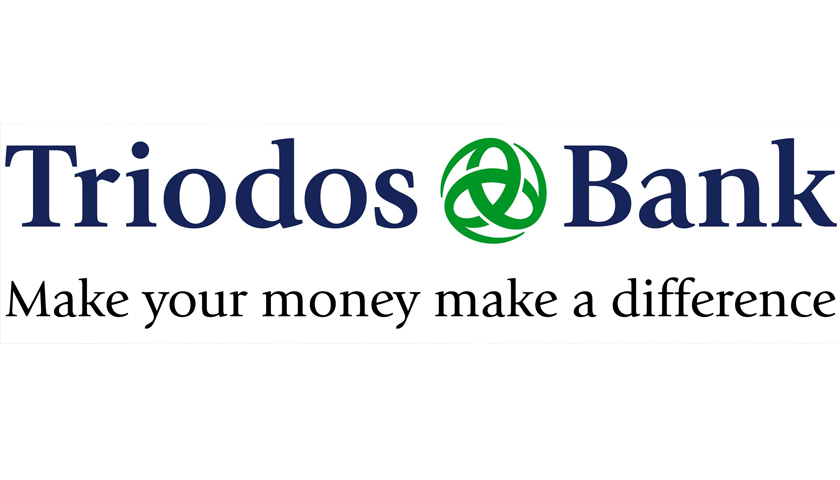UK consumers support setting ambitious targets and making big changes to their lives to support the transition to net zero, but they need much greater support from the government and businesses across the UK, according to a major new report from Which?.
With the UK set to host the United Nations Climate Change Conference COP 26 in Glasgow in less than a month, it is clear that to meet the country’s net zero requirements, millions of households will have to make fundamental changes – particularly to how they travel, heat their homes, the food they eat and the products they buy.
However, research by the consumer champion involving more than 3,600 people and a series of expert roundtables shows significant support is needed to address the obstacles people face when it comes to making sustainable choices in these vital areas.
Many consumers understand the need to make meaningful lifestyle changes to tackle the climate crisis, but there is a mismatch between what they believe will have the most impact and the changes experts say are most needed, emphasising the need for government support.
Almost half (46%) believe they have not received enough support from the UK government to make these changes, a sentiment echoed by consumers in Northern Ireland, Wales and Scotland about their respective devolved governments too. Three-quarters (77%) also agree that the government’s net zero target will not be met unless greater support from manufacturers and retailers is forthcoming.
The upcoming net-zero strategy is an opportunity for the government to set out how it will provide this support and incentivise the shift to lower environmental-impact choices, as only a quarter (24%) believe the government has a clear plan in place.
In its report, Which? sets out seven key principles that must be at the heart of the government’s upcoming net-zero strategy to address these obstacles and ensure consumers are empowered to make the changes needed to tackle the climate emergency. These are: joined-up policy; a people-centred approach; an equitable transition; clear information that people can trust; phasing out bad choices; a low-carbon and circular approach; and consumer protections fit for our sustainable future.
When it comes to electric vehicles, there are concerns that need to be addressed to increase consumer uptake. Perceived fears about how far a vehicle can travel on a single charge – so-called range anxiety – were a concern for more than four in 10 people (44%), along with issues about the upfront cost of buying an electric vehicle (34%) and worries about access to the UK’s disjointed public charging network (33%).
However, most believe making the charging process simpler by ensuring charge points are easily accessible and compatible with all brands would encourage them to switch (88%). They also believe making electric vehicles cheaper to buy and run would be an incentive.
With low-carbon heating systems, more than half (56%) consumers were put off by the upfront costs of installing appliances like heat pumps. While running costs (32%) and the feeling that the home’s current heating system works perfectly well (31%) were off-putting for almost a third.
Consumers want financial support to help make their homes more energy efficient with eight in 10 (84%) advocating for grants. A similar proportion support using tax incentives to encourage consumers to use more energy efficient appliances (79%) or refurbish their homes (76%).
Almost eight in 10 (77%) people identified something that would put them off buying a more sustainable product.
More than a third (37%) of consumers saw the cost of energy efficient products such as washing machines and mobile phones compared to cheaper alternatives as a barrier to making the switch, while a quarter (27%) felt they did not know which brands to trust and a similar proportion (26%) were concerned about the cost of repairing products rather than replacing them. Which? introduced a new Eco Buy endorsement last year to help consumers navigate these difficult choices and identify products that are both affordable and better for the environment.
The majority of consumers also believe having clearer information on their products’ likely durability (90%) and clear energy labelling (87%) would be helpful. While eight in 10 believe more information on repairability of products (83%), recyclability (84%) or having a trademark/badge to show a product had been manufactured in a sustainable way (81%) would be beneficial.
Three-quarters (75%) of people pointed to something that put them off doing more when it comes to buying sustainable food. Cost was again the main concern for more than a third of people (37%), while a lack of clear and reliable information about which foods are better for the environment was a problem for a quarter of respondents (25%).
Consumers want the government, retailers and food businesses to make it harder for them to choose options that are bad for the environment by introducing clear labelling on food packaging (53%) and putting tighter controls on the claims that can be made on foods (45%).
The government must also work together with businesses and regulators to address the barriers consumers face to ensure they have the right support to transition to net zero.
Rocio Concha, Which? Director of Policy and Advocacy, said:
“Consumers will determine the UK’s ability to reach its net zero target, and while many want to make sustainable choices, they currently face costly, confusing and complex decisions that highlight the need for significant support from the government and businesses.
“It is vital that consumers are at the heart of the government’s net zero strategy and that it includes plans to support millions of households as they prepare to make the major lifestyle changes needed to tackle the climate emergency.”



